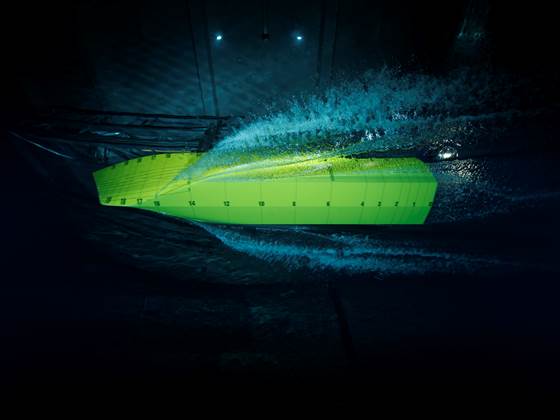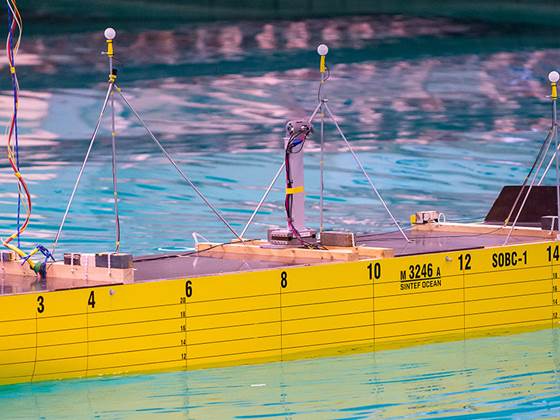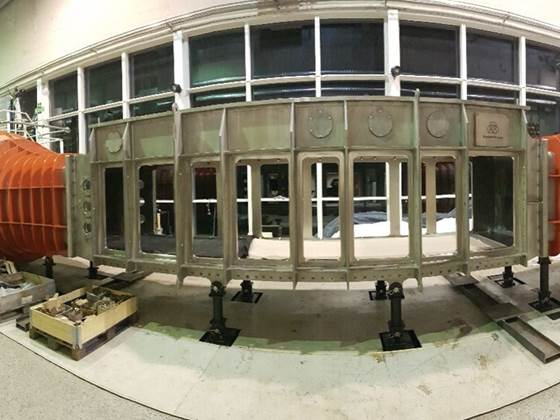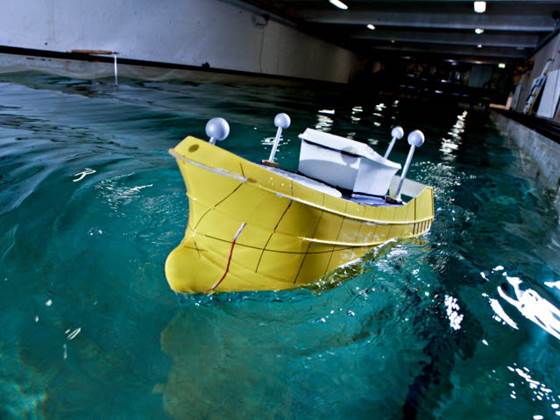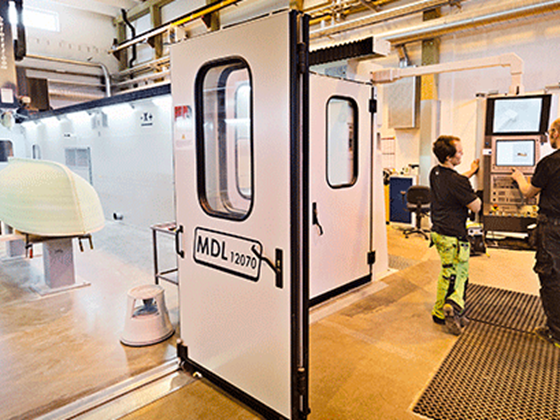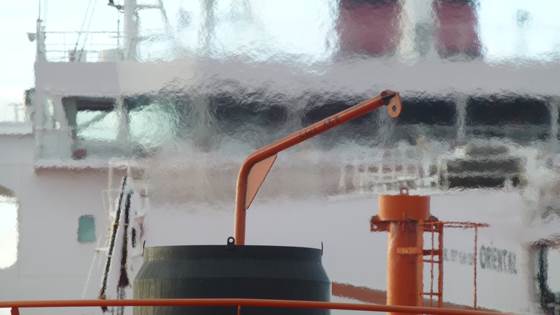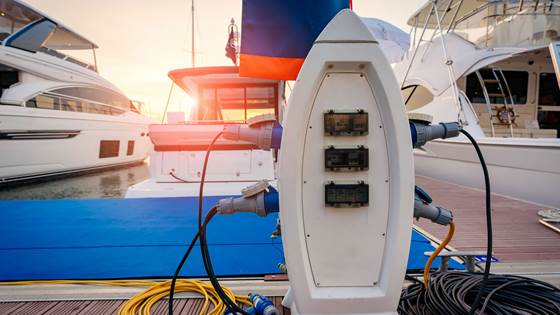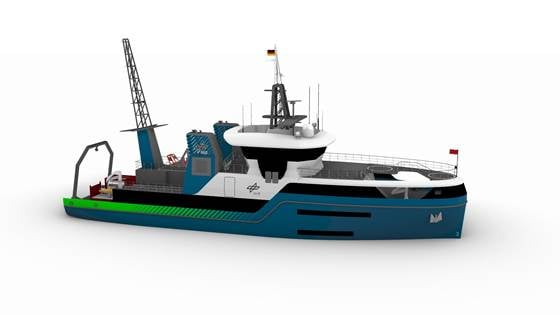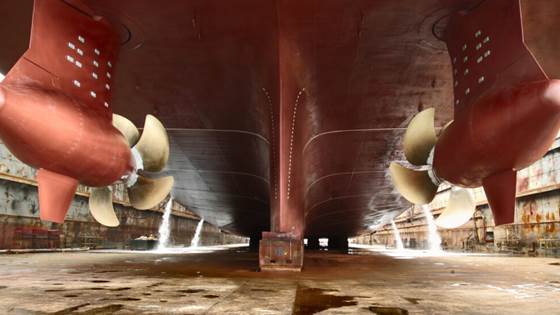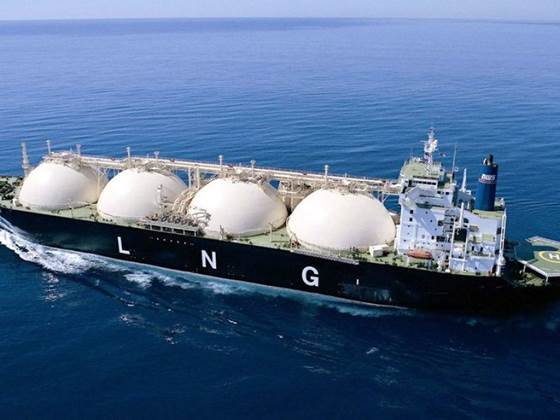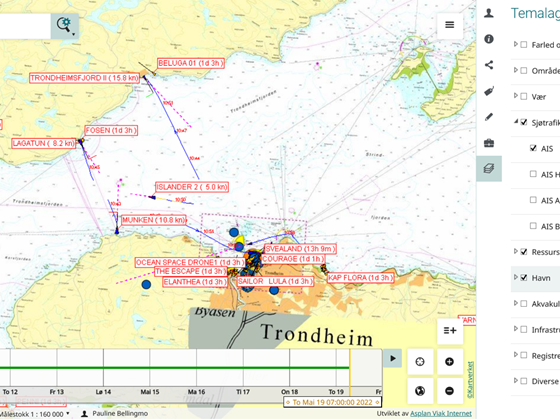2.5% of global greenhouse gas emissions come from shipping, and ambitious targets have been set for emission cuts by 2030 and 2050. Environmental friendliness will be the dominant challenge for the maritime industry in the coming years, which must be solved while maintaining safety and cost level requirements.
Zero-emission fuels are an important part of the solution, but the supply and price of these fuels will be a challenge. Therefore, it will become even more important in the future to reduce the energy consumption of ships through better design of hulls and propellers, efficient energy systems and optimisation of logistics and operations. These are areas that SINTEF Ocean focuses on, and where we connect technology expertise with expertise in digitalisation and autonomy solutions.



